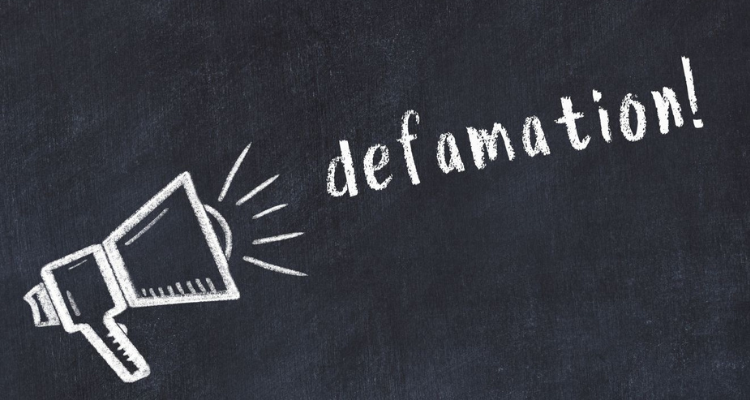
The Oxford dictionary defines defamation as “the act of damaging someone’s reputation by saying or writing bad or false things about them.” This term frequently appears in news reports and is sometimes mistaken for “criticism,” making it crucial for us to discern the disparity between the two and grasp a precise comprehension of “defamation.
What is Defamation?
Defamation implies when someone’s reputation is hurt because of a false statement, either written or spoken. In legal terms, an individual’s reputation is regarded as their legal asset. Consequently, if their reputation is under threat, they have the right to seek the court’s intervention to rectify and safeguard this integral aspect of their identity.
Defamation refers to any deliberate dissemination of false information, whether spoken or written, that damages a person’s reputation, diminishes the esteem or trust in which they are held, or prompts negative opinions or emotions towards them. According to Section 499 of the Indian Penal Code of 1860, defamation is legally defined as “Whoever, by words either spoken or intended to be read, or by signs or by visible representations, makes or publishes any imputation concerning any person intending to harm, or knowing or having reason to believe that such imputation will harm, the reputation of such person, is said, except in the cases hereinafter excepted, to defame that person”. While with Section 500 outlining the consequences for those found guilty. It stipulates that individuals found guilty of defamation may face up to two years of simple imprisonment, a fine, or both.
Difference between Criticism and Defamation
The act of examining, assessing, or voicing disagreements or criticisms against someone or something is referred to as criticism. It is frequently predicated on individual judgments, interpretations, or opinions and can be either subjective or objective. Criticism is a normal component of conversation and can be helpful if it offers insight or inspires change.
Conversely, defamation is the act of making untrue remarks about someone in order to damage their reputation. There are two types of defamation: slander (spoken defamation) and libel (written defamation). The false statement must be shared with a third party and cause injury to the person’s reputation in order to be considered defamation. Defamation is the dissemination of false material with the intention of causing injury or damage to someone’s reputation, in contrast to criticism, which may be predicated on opinions or interpretations.




